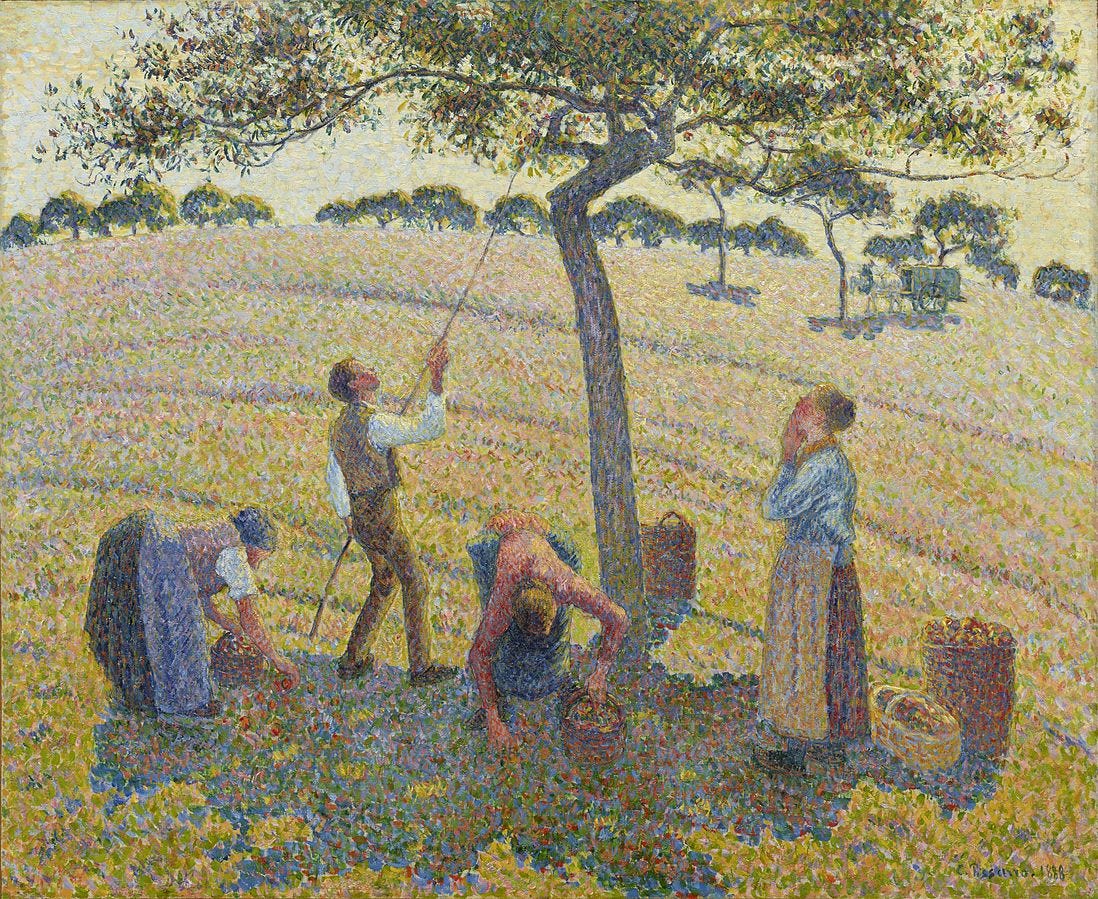"No longer is work a way of living and acting together, no longer is the workplace a place of life, work time a reflection of seasonal and biological rhythms"
André Gorz, post-work philosopher

The Philosophers On Work folder documents significant passages on work in the writings of major philosophers.
A Society “Post-Work”
Particularly prominent in debates on work, a common reference for the authors advocating a society “post-work”, are the writings of André Gorz (1923–2007). Gorz anticipated the polarisation of society between the elite of tenured workers and the new proletariat of temporary employees, the disruption of labour markets by machines and robots, the exhaustion of the mass consumption model, the ecological crisis. Yet his vision of work itself, as productive activity that generates particular bonds, was not wholly negative. It is the modern, capitalistic organisation of work, he argued, that wrenched working activities from the lifeworlds in which they were embedded.
As he wrote in Paths to Paradise. The Liberation from Work (1983): “It is industrialisation which has made work into a purely functional activity, separated from life, severed from culture, torn out of the fabric of human existence. No longer is work a way of living and acting together, no longer is the workplace a place of life, work time a reflection of seasonal and biological rhythms” (Pluto Press, 1985, p.49).
In his last writings, he envisaged a return to more humane forms of work, as in this passage from his last book, Ecologica (2007): “work can now free itself from external necessities, recover its autonomy and turn towards the effectuation of everything that has no price and cannot be bought or sold. It can become that which we do because we really want to do it, and because we find fulfillment in the activity itself as much as in its outcome” (Seagull Press, 2010, p.131)
Images
Camille Pissaro, Apple Harvest, 1888. Wikimedia Commons, Public Domain.



